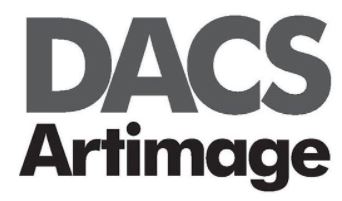Bapla’s position on orphan works
The British Association of Picture Libraries (BAPLA) is actively lobbying for the interests of Picture Libraries and Rights holders in the face of the digital economy bill in the UK. The organisation has found issues with Clause 42 of the bill that deals with the management of orphan works (those works where a rights holder cannot be readily found). It has posted a statement on their website about the position and here are some highlights.
BAPLA has stated that is wants to resolve the issues around Orphan works as this would bring these works back in the public domain. While doing this it wants to make sure that usage of such works is only allowed for non-commercial usages. According to a statement by the BAPLA it feels that if commercial use was allowed this could:
- be prejudicial to the subject of the image – in particular of un-cleared model release images and images of children, and breach privacy and confidentiality
- be prejudicial to property rights, for example images of buildings or bylaws pertaining to property or land and from the inclusion of trademarks.
- contravene other acts such as public order, data protection, official secrets, human rights, contract law
- contravene international laws
- be detrimental to the commercial interests of the publisher
- be prejudicial to the moral and economic rights of the rights holder if and when these appear, here or abroad.
If we fail, we will fight to ensure that for all of the reasons above, OW images must be licensed above the going ‘commercial rate’ and rights-holders and picture libraries are protected from legal issues arising from the misuse of any of their images which are licensed without their authority.
BAPLA does not believe that a foolproof solution for Orphan Works can be found if the root causes are not addressed. Some of the solutions, it says, are in creating safeguards around moral rights. Its objective is to reduce the number of works turned into orphans, reduce uncertainties about usage and facilitate the identification of works claimed as orphans.
The organisation is working with the House of Lords, the House of Commons and the IPO. The ultimate goal is a ‘robust and free technical solution for the management of future orphan works.
More information here.

